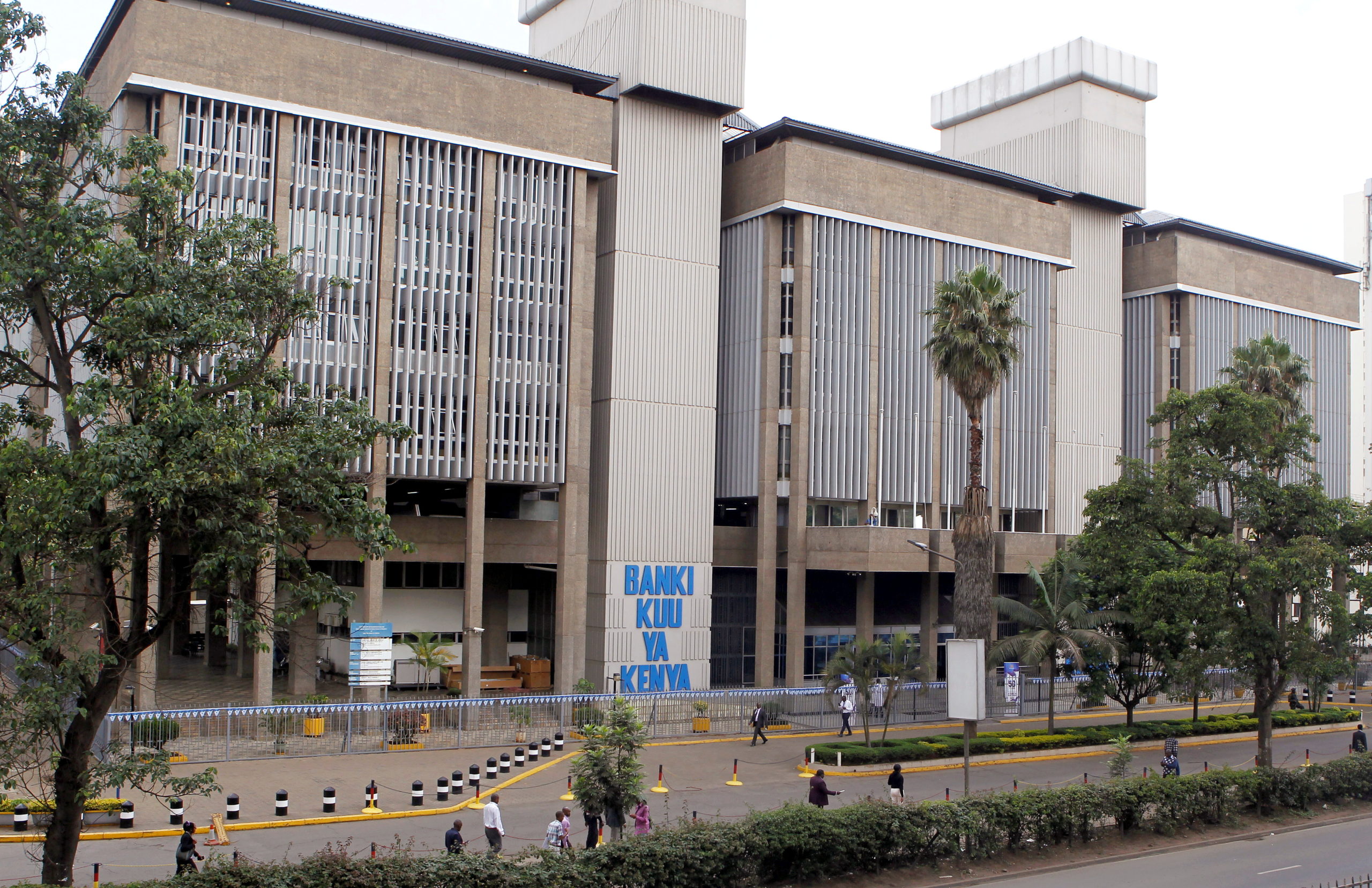The Central Bank of Kenya (CBK) plans to issue payment licences to fintech startups soon, an important softening of an earlier stance that will open up East Africa’s largest payments market. Flutterwave and Chipper Cash are two fintech companies hoping to be granted those licences.
CBK governor Kamau Thugge said the regulator is working around the clock to amend the National Payment Systems Act of 2011 to give a legal framework for fintech firms to operate. The proposed changes could be a big win for remittance and payment providers who have faced investigations and raids by Kenyan authorities on allegations of money laundering.
CBK’s proposed changes to the National Payment Systems Act to allow the registration and licensing of fintech startups could solve a legal grey area that has slowed down the expansion of fintechs in the country, allowing commercial banks and telcos to dominate.
“We are in the process of updating and amending the Payments Act, basically coming up with a new act. We hope to be able to finish that soon and also the regulations and that would guide our way forward in terms of payments service providers space,” said Kamau Thugge, CBK governor.
Thugge was responding to a TechCabal question on the status of Flutterwave and Chipper Cash registration in Kenya during the post-monetary policy committee (MPC) press briefing.
Kenya’s financial sector is regulated under the Central Bank of Kenya Act, the National Payment Systems Act alongside the National Payment Systems Regulations of 2014, and the e-money Regulations of 2013, all of which are unclear on fintechs.
This has put remittance and payment startups on a collision course with Kenyan authorities, with law enforcement including the Financial Reporting Sector (FRC) and the Asset Recovery Authority (ARA) freezing accounts and seizing assets of sector players on money laundering charges.
In 2022, CBK ordered local financial institutions including banks and mobile money service providers to cut links with fintechs, citing unspecified threats to the country’s financial systems. The regulator said then that the firms were operating without authorisation.




















